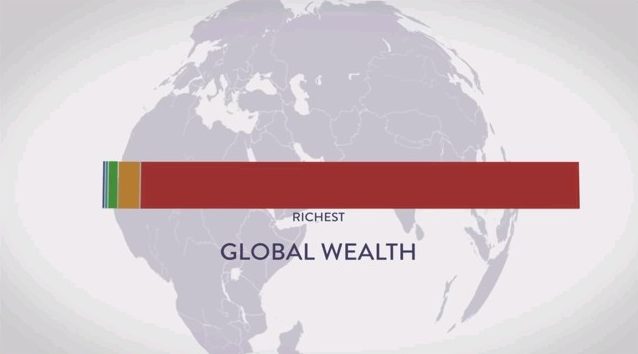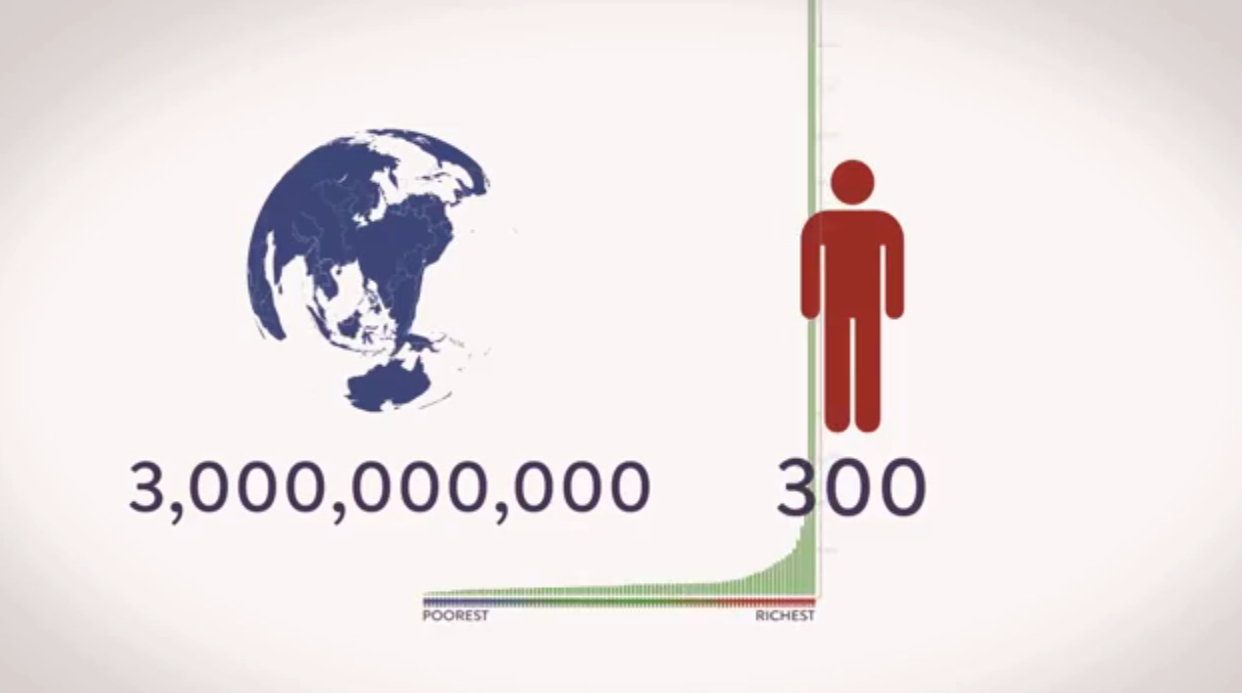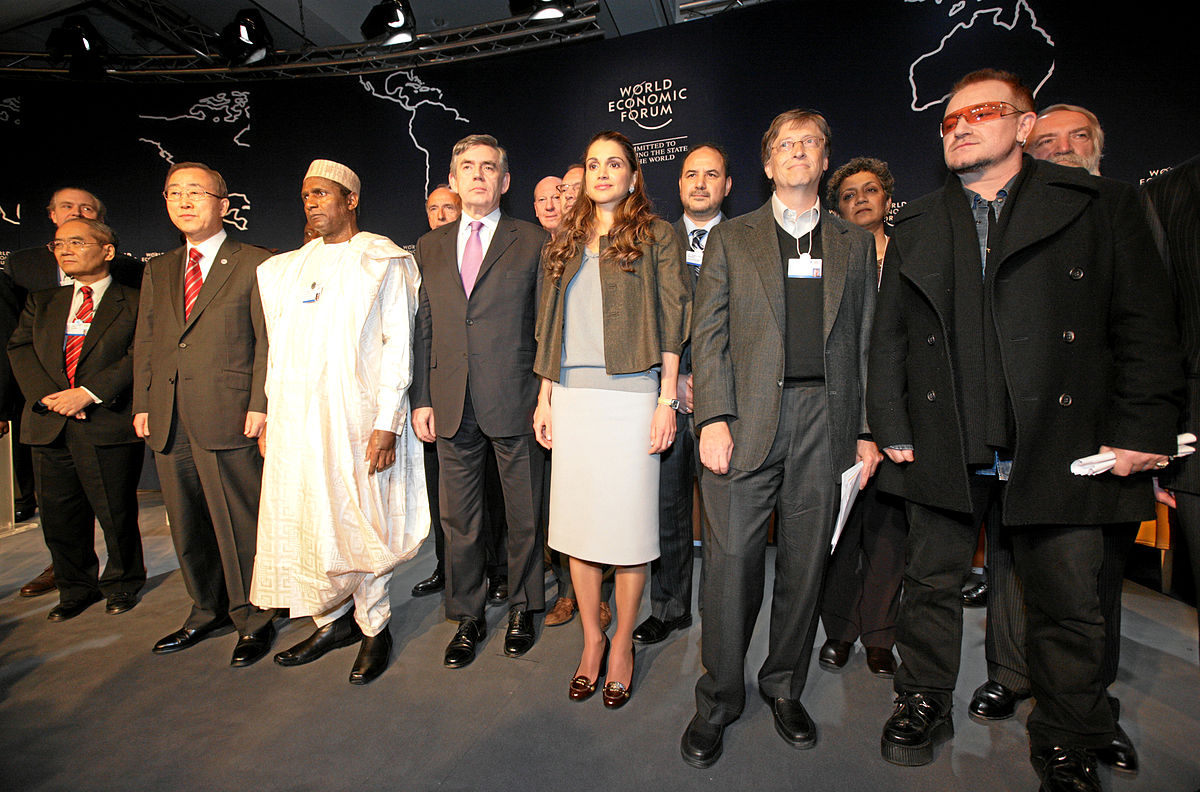
##Biopiracy is the practice of commercially exploiting naturally occurring biochemical or genetic material, especially by obtaining patents that restrict its future use, while failing to pay fair compensation to the community from which it originates.
The US patent act clause 102 says that nothing can be patented if it is prior public knowledge. If the public has been aware of the material and its benefits, then it is not possible to patent. Clause 102 then goes on to define ‘public knowledge’ as only that of Americans’ and no one else. Not the billions of Indians, Native Americans or Africans, their knowledge. Their natural resources are not represented or protected by this act.
Dr Debal Deb a scientist from India, has been working hard to protect India’s indigenous crops and the rights of the farmers from biopiracy. He has already saved over 1200 varieties of indigenous rice and he continues to work, more or less un-funded.
A #Commons Sense, by The Source Project, is a film about Dr Debal Deb’s fight against biopiracy. Watch how he uses the field and the farmers to grow and protect valuable indigenous varieties.
A Commons Sense ~West Bengal/Odisha IndiaThe next film looks at those resisting the attempts to patent and control nature.Dr Debal Deb is possibly one of, if not, the most progressive scientists working in the field of #agriculture. Having already saved over 1200 varieties of indigenous rice, Dr Deb continues to work, more or less un-funded. This film by The Source Project is the story of how scientists like him and several village communities and farmers in India are fighting biopiracy and preserving #biodiversity.
Posted by The Rules on Tuesday, July 14, 2015









Leave a Comment